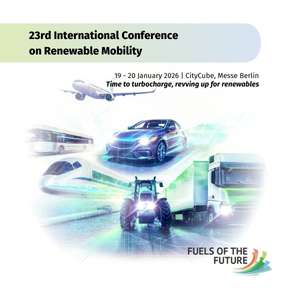Petrobras and Novozymes partner for second generation ethanol
The deal will see the development of enzymes and production processes to make second generation lignocellulosic ethanol from bagasse in an enzymatic process.
The commercial potential of cellulosic ethanol is substantial due to the huge amounts of sugarcane bagasse that is available in Brazil, the world’s largest producer of sugarcane. It has been estimated that bagasse-to-ethanol technology can increase the nation’s ethanol production by around 40% without having to increase the crop area.
The enzymes used in the process would break down plant waste such as corn stover, wheat straw, wood chips and sugarcane bagasse which is then fermented to produce ethanol.
Novozymes is already carrying out research on enzymes to convert bagasse to cellulosic ethanol in order to make the process commercially viable.
Source: Novozymes











